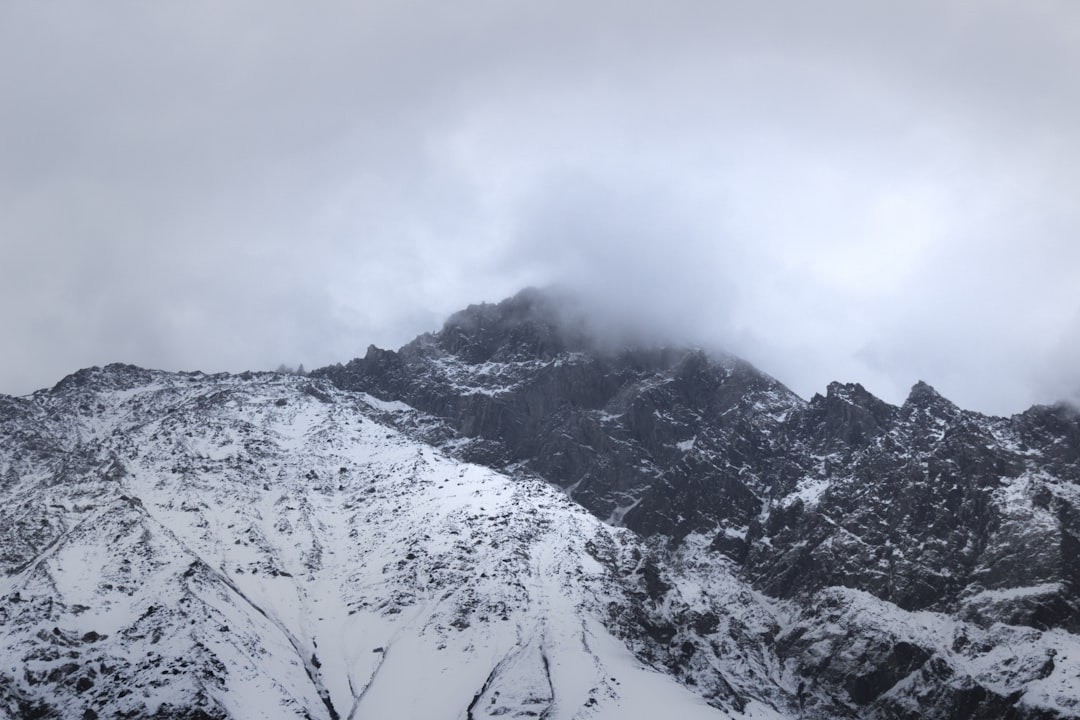Nestled deep within a region largely untouched by modern tourism lies the captivating and mysterious terrain of Daskusza. Although still relatively unknown in mainstream travel circles, Daskusza has slowly emerged as a haven for adventurers, cultural enthusiasts, and nature lovers alike. This remote destination offers a unique blend of history, stunning landscapes, and cultural richness that invites exploration beyond the beaten path.
Where is Daskusza?
Daskusza is situated in Eastern Europe, straddling the fringes of the Carpathian basin and framed by scenic hills, dense forests, and ancient ruins. Easily accessible by regional train networks and rugged enough to preserve its authentic charm, Daskusza remains one of the last forgotten frontiers of traditional life. The region is surrounded by small villages, each with its own distinct customs and dialects, offering immersive local experiences.

Natural Wonders and Wildlife
One of Daskusza’s most compelling features is its breathtaking natural beauty. The area boasts dramatic topography, including gentle valleys, cascading waterfalls, and alpine plateaus. Home to several microclimates, Daskusza shelters a diverse array of flora and fauna seldom seen anywhere else in Europe. Native species such as lynx, wolves, and golden eagles continue to thrive here due to the lack of industrial development.
For hikers, the region offers a network of ancient trails, some of which were used for centuries by traders and pilgrims. Today, these paths can lead visitors to hidden grottoes, serene lakes, and sacred groves revered by locals. During the spring and early summer months, wildflowers dominate the fields, painting the landscape with bursts of vibrant color.
Historical and Cultural Significance
Few know that Daskusza has a deep-rooted history, with evidence of human settlements dating back over 2,000 years. Archaeological evidence points to a blend of Slavic and pre-Roman tribal influences, with uncovered artifacts including tools, pottery, and intricate jewelry. Some ruins remain open to the public, with on-site guided tours provided by local historians.
The culture here is just as rich. Traditional music, storytelling, and dance are integral to Daskusza’s identity. Visitors can participate in seasonal festivals that celebrate ancient rituals and folklore, often centered around the lunar calendar and agricultural cycles. Local crafts such as wool weaving and ceramic making are still practiced using time-honored techniques, and these items can be bought directly from artisans.

How to Plan Your Exploration
Planning a trip to Daskusza takes a bit more effort than your average weekend getaway, but the experience is all the more rewarding. Here’s what travelers should keep in mind:
- Best Time to Visit: Late spring through early autumn is ideal for hiking, cultural events, and local agriculture tours.
- Getting There: Regional trains and bus services operate from nearby cities. Renting a car is recommended for more remote routes.
- Lodging: Guesthouses, eco-lodges, and village homestays offer an authentic experience with warm hospitality.
- What to Pack: Good hiking shoes, layered clothing, a phrasebook or translation app, and waterproof gear for sudden changes in weather.
Those who venture to Daskusza leave with more than mere photographs—they carry a new appreciation for untouched wilderness, centuries-old traditions, and the enduring beauty of simplicity.
Frequently Asked Questions
- Q: Is Daskusza suitable for family travel?
A: Yes, although some trails may be challenging for young children, there are plenty of family-friendly nature walks and cultural activities available. - Q: Do I need a guide to explore the region?
A: While some areas can be self-navigated, hiring a local guide can enrich the experience, especially when visiting historical sites or remote trails. - Q: Are there any entrance fees to natural or historical attractions?
A: Most attractions are free, although small donations may be requested at some monasteries or heritage sites. - Q: Can I visit Daskusza year-round?
A: Yes, but winter months can be harsh and many smaller establishments may close temporarily. Spring to fall is the most comfortable period to visit. - Q: Is English widely spoken?
A: Basic English is spoken in many towns, particularly by younger residents and tour operators, but it’s helpful to know a few local phrases.
